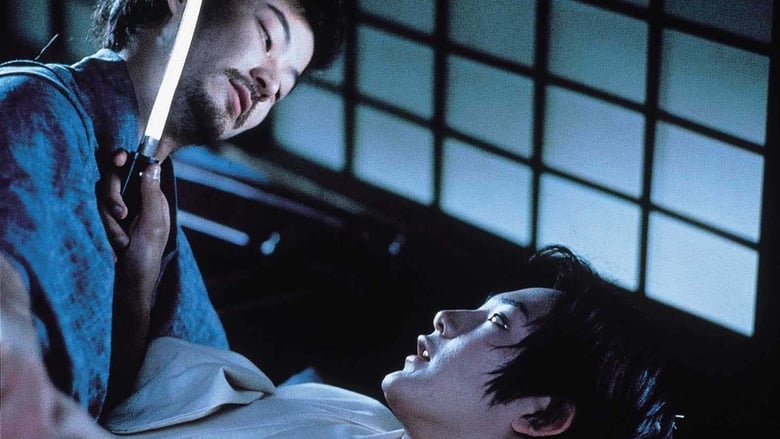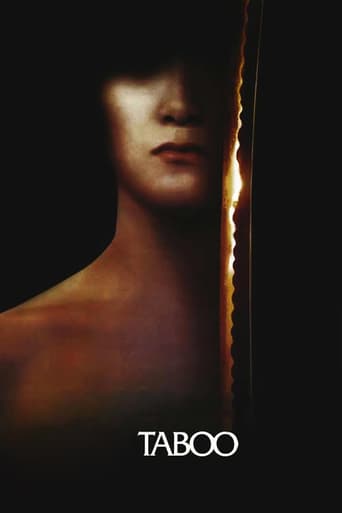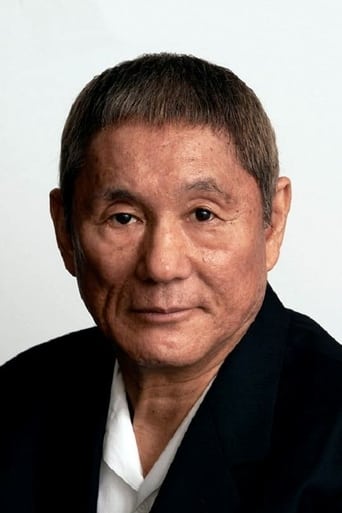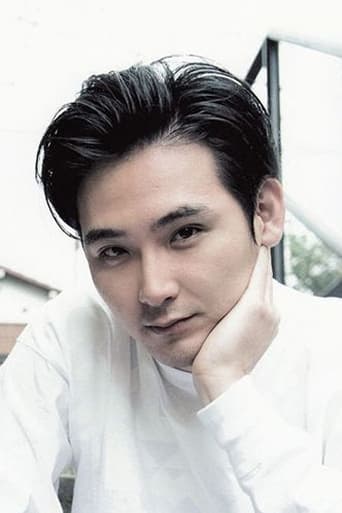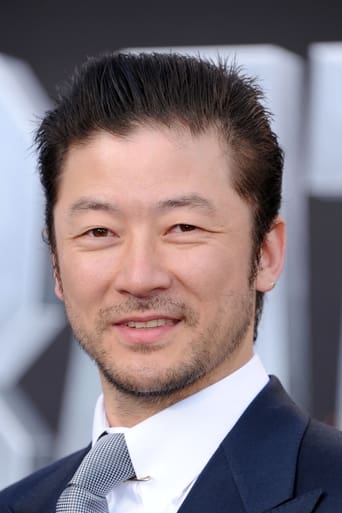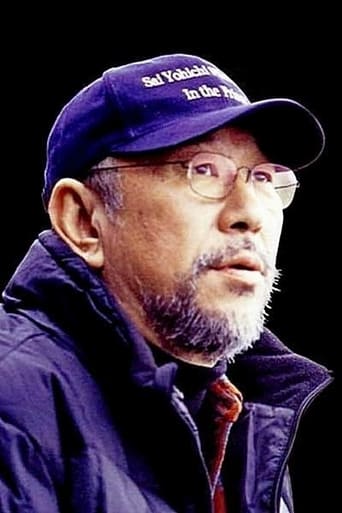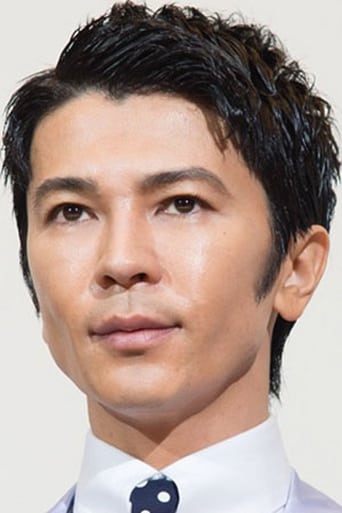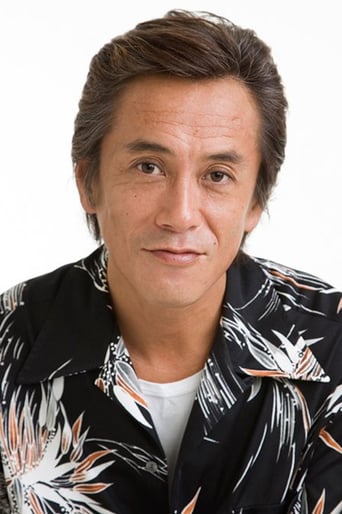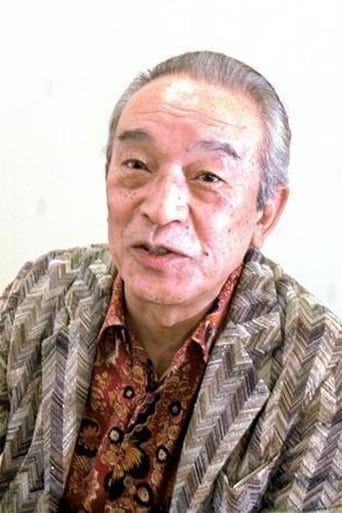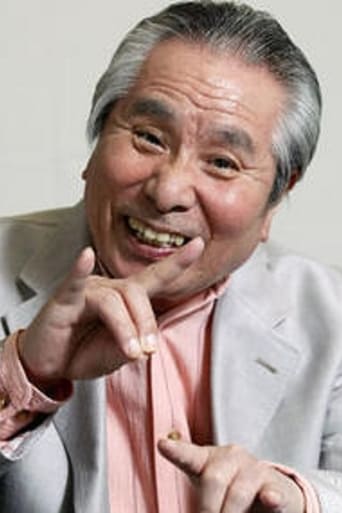Set during Japan's Shogun era, this film looks at life in a samurai compound where young warriors are trained in swordfighting. A number of interpersonal conflicts are brewing in the training room, all centering around a handsome young samurai named Sozaburo Kano. The school's stern master can choose to intervene, or to let Kano decide his own path.
Similar titles

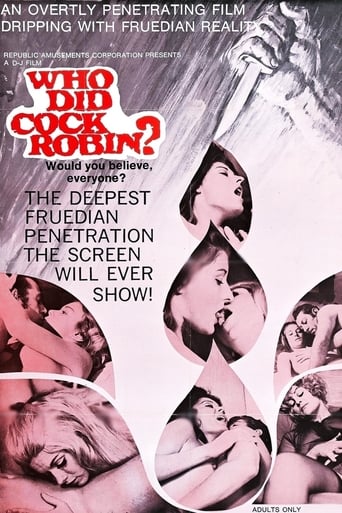



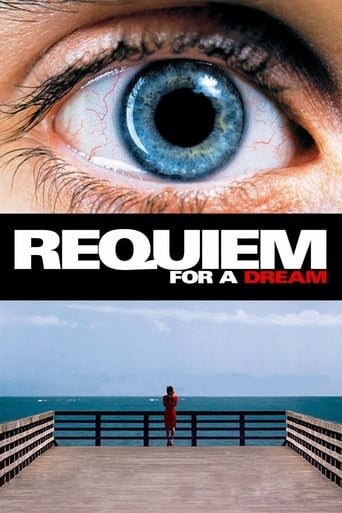

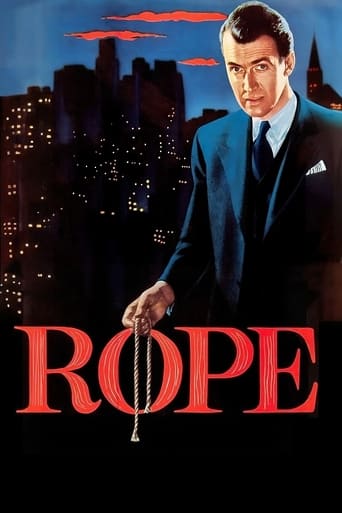

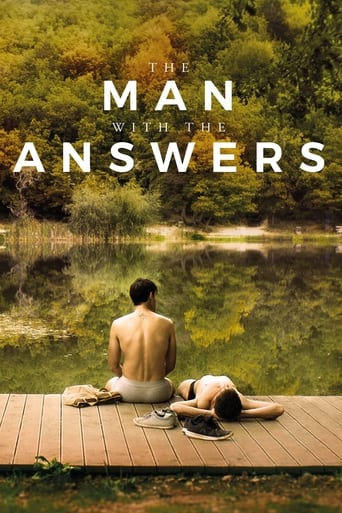
Reviews
Clever, believable, and super fun to watch. It totally has replay value.
After playing with our expectations, this turns out to be a very different sort of film.
There's no way I can possibly love it entirely but I just think its ridiculously bad, but enjoyable at the same time.
One of the worst ways to make a cult movie is to set out to make a cult movie.
Nagisa Oshima is one of my favorite directors; his films are always beautiful and intelligent. "Gohatto" is Oshima's first film in a long time, and it is nice to see that he has not lost his artistic vision. This film is visually stunning, with gorgeous lighting and elegant sets. Unfortunately the subject matter, or maybe how the subject was dealt with, was just too silly to be taken seriously. A young, feminine looking man joins a Samurai clan, only to be lusted after by the older men of the group. We have endless discussions about who is lusting after the boy, who is sleeping with whom, and who is jealous. Grown men acting like spurned women, old men making fools of themselves by falling in love with an 18 year old boy. The fact that these men are Samurai warriors is just so ludicrous. Seeing men of this stature behaving like school girls bordered on sheer comedy. The actors mostly seem embarrassed and uncomfortable with the roles they are playing, and this viewer felt silly just watching it. This is an odd film, worth seeing for Oshima's special visual style. But I cannot recommend it as a good film. The script really destroys the whole production.
This film has some promise at the beginning but doesn't deliver on it.It starts with hints that the main character has hidden motivations and is playing a deeper game than we are being shown.Kano seems to be hiding the extent of his abilities and his motivation for joining the militia, and then it just stops, these themes aren't really advanced any further.The plot just peters out without resolving anything or going anywhere.It is well acted and extremely stylish and the ending is good in a way but it just seems like there should have been more too it, I just found it boring and pointless.
Oshima's first film in 14 years after illness was apparently directed from a wheel chair, and it's tempting to locate some of its static, formal qualities in the personal restrictions faced by the director. But this cool, intense, and very Japanese piece is stylistically rooted in the country's cinematic past, while at the same time offering provocative work familiar characteristic of this director. In his most famous film, Realm Of The Senses (aka: Ai No Corrida), made 25 years ago, dangerous sexual activity was explicit. In Gohatto (trans: Taboo), things are far less in the open. The expression of sex has been replaced with its obsession although, for Oshima, the irrationality of arousal still remains anti-authoritarian, as it creates impulses that are hard to resist. For those more used to the straight samurai of old, Oshima's suggestions of cuddles beneath the kimono is a surprise (more outrage was generated in Japan, where it was felt more strongly that such suggestions ran against a proud tradition). One can never imagine stouthearted Toshiro Mifune, the most famous cinematic samurai from the previous generation, falling for another soldier and interrupting his role in Seven Samurai for a romp in the dojo. Cult actor/director 'Beat' Takeshi, here playing Captain Toshizo Hijikata, seems at first sight an odd choice for this sort of drama too, until one remembers the gay gunman he played so convincingly in Takashi Ishii's Gonin (1995). With his impassive face he reduces introspection to the reoccurring flicker of his (real life) tic, which, most aptly here, can suggest everything and nothing. Hijikata's internal narrative, first quizzical about Sozabura's lovers then perturbed about his effect on the garrison, suggests growing doubts resolved only in the final, memorable scene. In Gohatto, much of the interest of the film lays in the degree in which Sozaburo's beauty arouses the interest of the men around him. Some are openly attracted to him (notably Tashiro, who shortly attempts to climb into the bed with him). Others are on the edge, like Inspector Yamazaki, charged with taking him to the brothel in Shimabara to introduce the youth to women. Most are affected in one way or another; most enigmatically are Hojikata and his superior and close colleague Commander Kondo (Yoichi Sai). As Hojikata observes, "a samurai can be undone by a love of men." But then he wonders too "Why are we both so indulgent with Sozabura?" and Kondo's rectitude and conspicuous silence hides, we suspect, a greater interest in the youth than he might wish to admit. Oshima's visual scheme creates a film full of the bare, dark wood interiors of the militia base and the mud brown of uniforms, where just a few significant colours stand out. During the early beheading of the renegade samurai by Sozabuta, it is the red splash of the executed man's blood. At other times, Sozabuta wears a unique white robe (the Japanese colour of death). His is a presence and beauty shortly associated with a form of annihilation. In a place full of military men, that we see this feminine youth kill most often is no surprise. Compared to his contemporaries, he is the most adept at the sword unless fazed by romantic entanglements. It's an obvious irony that the object of homosexual affection is also the most deadly of the men; there's more in the fact that a group of iron-hearted soldiers can be so easily divided by an 'enemy' within, one neither fierce nor commanding. There's another mystery in Gohatto, besides who exactly is sleeping with Sozabuta and who wants to. It's who is the murderer of Yuzawa (Tomorowo Taguchi), and doubts as to the truth of the case persist. This, and the attempt to apprehend the intruders at the base ("they call these samurai?") provide the main impetus of the plot. Like so many great Japanese films of the past, Oshima's says a lot in restraint. Here the arrangement of seated figures within the frame can suggest unspoken tensions, order is paramount, and the use of the camera is elegant and discreet. Some see the resulting style dull, when it is a slower, more contemplative way of seeing the world, one where not every question is answered. What exactly is 'taboo' in Gohatto is clearly the issue of homosexuality - although confusingly for Western audiences such matters are not explicitly forbidden. Reference is made to the military code, which hangs on the barrack walls. Extracts appear on screen too, but no mention is made of prohibiting gay relations between soldiers. A man may be beheaded for illicitly borrowing money, but sleeping with his comrades at arms, while gossip worthy, is only really of concern when discipline is threatened. There "no secrets on Heaven and Earth (and) everyone knows it," says one of the intertitles, and Hojikata himself refers to the "tacit understanding" which normally keeps things in check. A policy which roughly equates to the modern American army's own "Don't ask, don't tell." The film is helped immensely by Ryuichi Sakamoto's incessant, metronomic score, the steady beat of which considerably amplifies the obsessions and drawn out tensions of events. Like Oshima's interiors, it is uncluttered music, the muted colours dashed with an occasional significant tone. Now and again, urgency and violence break into this world: the initial beheading scene, the murderer's attacks, or the sword battle by the river. As a package, the result readily deserves art house admirers - especially as the director saves the best scene for last, expressing both Hojikata's final position, and a main thread of Gohatto, with hardly a cut more than necessary. Recommended.
I tend to prefer foreign movies to western movies because I like the unique cinematography, conventions and stories that foreign movies use, and Taboo is certainly very... different.This movie has very little plot, and is mostly about a young beautiful samurai, and how he bewitches and controls everyone he meets. And that's what the movie is about. That's it. Nothing else that happens is important, it's all just a context for this main theme. Despite being about samurai and featuring some interesting sword fighting, this movie is mainly a psychological drama.The film is well shot, the actors are good, but this is an extremely unique film that will not appeal to everyone. People used to Hollywood movies with lots of explosions will be bored, and people used to Hollywood actors who don't know what "subtle" means will be confused. People who are homophobic will not want to touch it.But, do give this movie a try if you'd like to see something to challenge your "cinematic palette". You've probably never seen anything like it.
Top Streaming Movies











